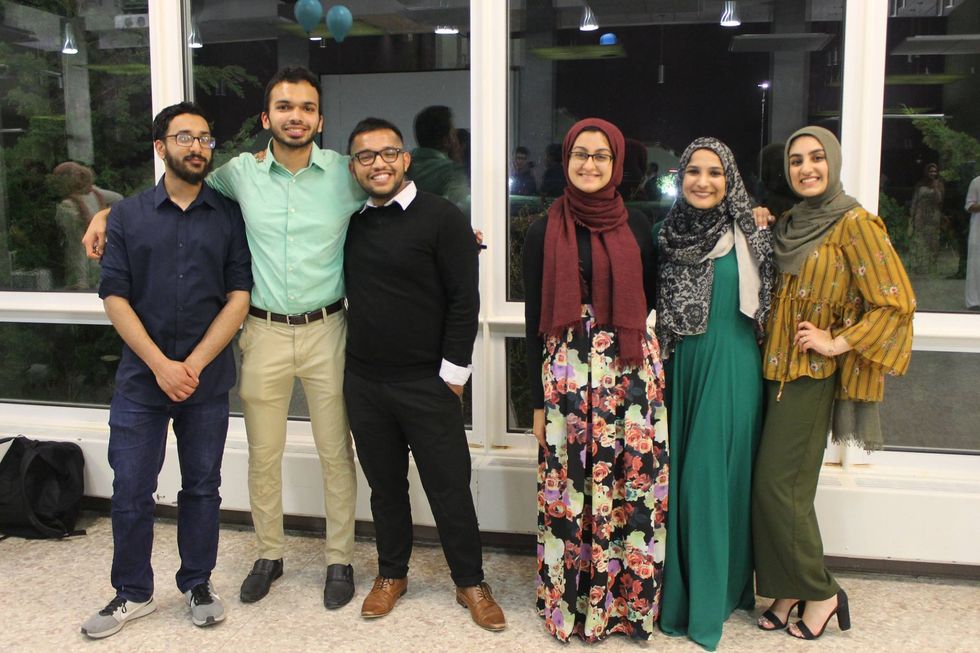At a time when Islam is under the most intense scrutiny, it’s been under since our Prophet Muhammad (PBUH) introduced it as a faith in Makkah, the role of women and feminism as an ideal in the Muslim faith has been brought into question as a highly contentious point of debate. Many who oppose the ever-expanding presence of Islam in the United States claim that it is a faith entrenched in misogyny and chauvinism, demeaning women to little else than obedient housewives who are at the beck and call of their male counterparts.
They use the plight of women in terrorism-stricken countries such as Iraq and the horrific instances of South Asian men assaulting women who have rejected their sexual advances as justifications for their hatred of what they assume to be a violent religion, and argue that women have no rights to stand for as long as Shariah Law reigns supreme across Islamic lands.
While it is true that many Muslim countries are guilty of disregarding the basic human rights of various groups (Saudi Arabia being a primary instigator), the misconception that women’s rights in Islam are nonexistent is a false accusation, which begs the question - what is feminism in Islam, and what are the rights of a Muslim woman?
Under Islamic law, women have the right to education, equal rights to choose a spouse and subsequent divorce, and the right to own property and title deeds to their own possessions, amongst a multitude of other freedoms.
What many people seem to forget is that Islam was a faith that came down to liberate women from the mistreatment they suffered in Makkah before the time of Prophet Muhammad (PBUH), which included the burial of infant daughters (who were seen as unworthy in comparison to sons).
The very first person to accept Islam itself was Khadijah (RA), and one of the most notable soldiers in the Prophet (PBUH)’s army was Nusayba b. Ka’b al-Ansarriya, who fought in the battle of Uhud against the Makkans during the struggle for Islam. Muslim women have continued to set shining examples to follow throughout history-- clearly, they have set themselves apart in roles far beyond the typical caregiver. Even here on Stony Brook campus, Muslim women such as Chaplain Sanaa Nadim continue to define leadership and a commitment to serving humanity in their own capacity.
What does that mean for feminism in Islam, however, and how can men (such as myself) help to understand the plight of misogyny and free ourselves and others from our own mindsets of toxic masculinity?
We can do our best to follow through with the examples that the Prophet Muhammad (PBUH) established throughout his life, and make sincere efforts to understand how our actions or behaviors could potentially be harmful and strive to change them. The Prophet (PBUH) was a feminist who fought for the rights of equal representation of men and women in Islam, and we should do just the same in order to help oppressed peoples (both men and women) around the world to realize their rights as human beings.
As men, we can let go of the superiority complexes that have been instilled in us through cultural shifts of power and help to overthrow the darkness of our own inborn sexism and strive to be better human beings for the sake of our fellow men and women.
I can’t say that I know the struggles that Muslim women go through daily, nor would I presume to even begin to understand what opposition they face as they endeavor to establish themselves as professionals. But I can try to make an effort to help by becoming a better version of myself and helping to empower the women in my life by standing up for their rights whenever applicable.
For the sake of our people, men like us can do better. For the sake of our religion and the women of Islam, men like us MUST do better.

















